Brochures

Learning Together to Advance Evidence and Equity in Policymaking (LEEPS) is a multi-country initiative led by the African Institute for Development Policy (AFIDEP) that strengthens the use of evidence and equity in policymaking across Africa. The project enhances institutional and individual capacities in evidence-informed policymaking (EIP), integrates gender equity into policy processes, and nurtures networks for learning and collaboration. In its first phase (2023–2025), LEEPS focuses on reproductive health and clean energy in Kenya and Nigeria, with plans to expand across the continent. Read the brochure for details:
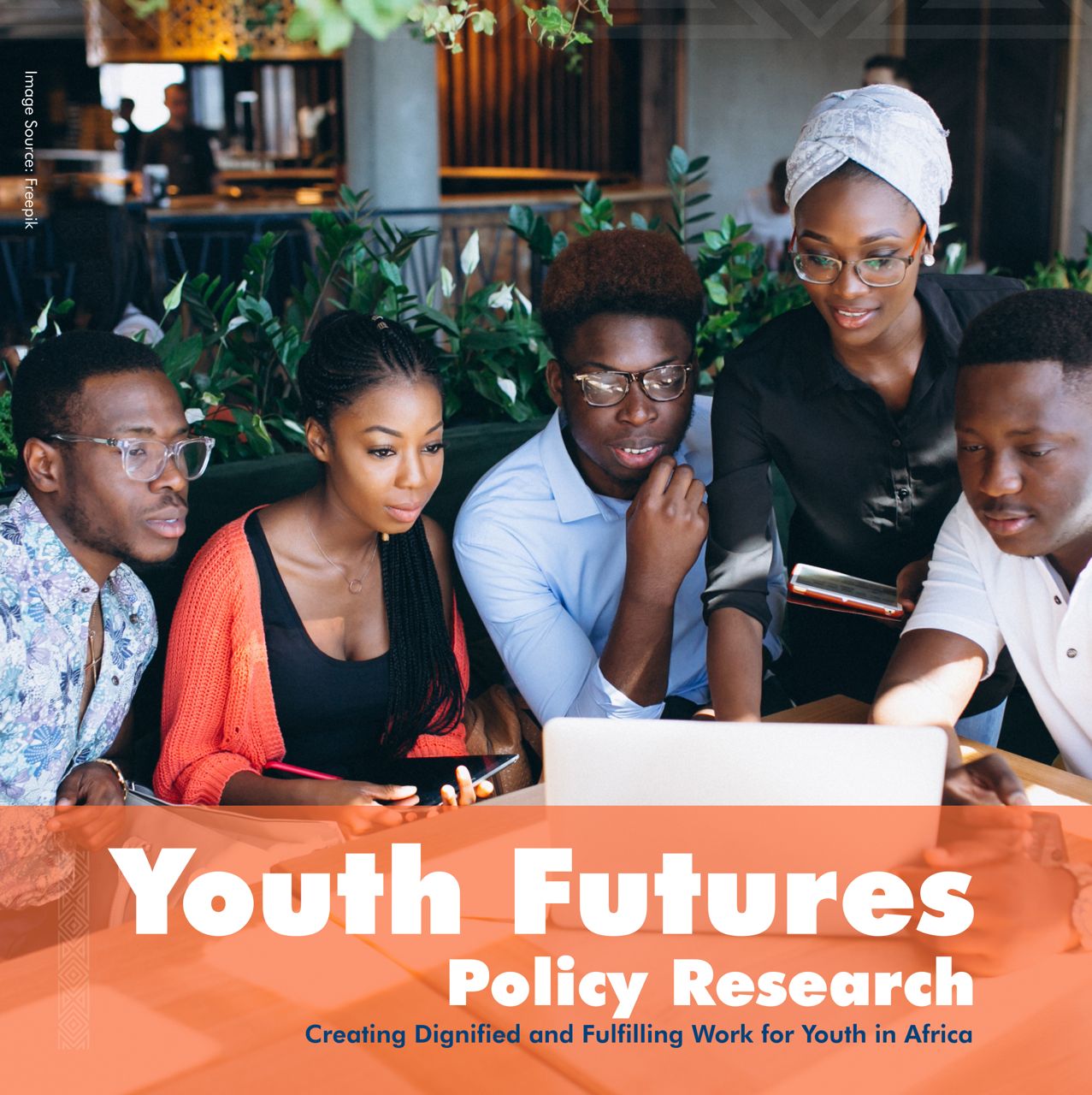
The Youth Futures Policy Research Project is a three-year initiative (2024–2027) implemented by the African Institute for Development Policy (AFIDEP) in partnership with the CAP Youth Empowerment Institute (CAP-YEI). The project seeks to generate actionable evidence on how policies, regulations, and industrial strategies can be activated to create dignified and fulfilling work for Africa’s youth. It responds to the continent’s growing youth unemployment crisis—driven by structural economic barriers, technological disruptions, and skills mismatches—by exploring how political interests, institutional arrangements, and regulatory frameworks shape labour market outcomes. Using a participatory action research design and political economy analysis, the project operates in […]
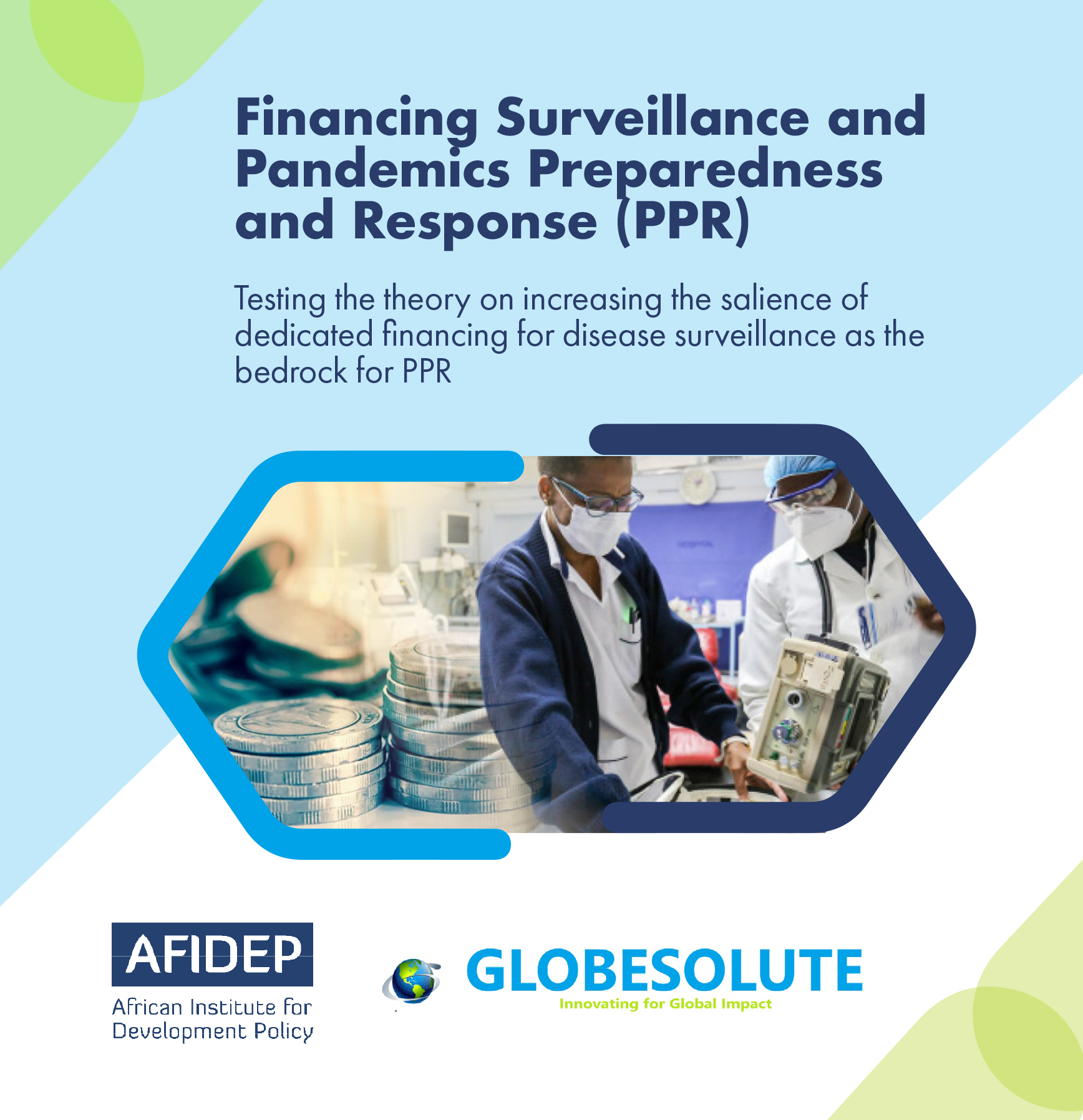
This is a six-month learning grant focused on financing surveillance and pandemic preparedness and response (PPR). It aims to generate insights on increasing country commitment to sustainable financing of surveillance and PPR in Africa, particularly in Kenya and Zambia. The project, led by AFIDEP and Globesolute and funded by the Bill and Melinda Gates Foundation, addresses inadequate health investments in African countries through evidence generation, high-level diplomacy, and technical support. Download the brochure by clicking this link: Financing Surveillance & PPR
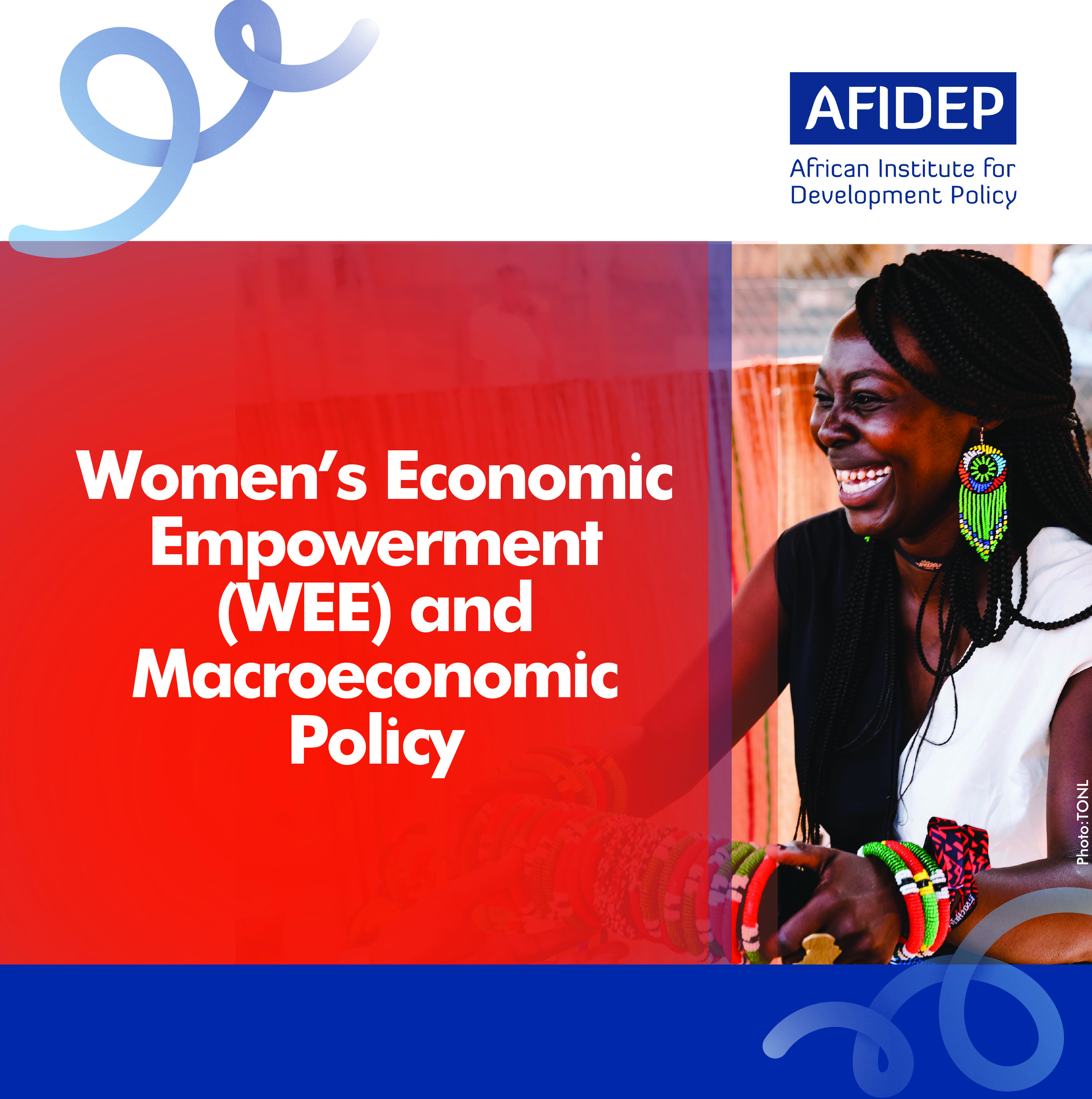
Women’s Economic Empowerment (WEE) Programme is dedicated to catalysing transformational change in the realm of gender-responsive macroeconomic policy. Our mission is to shatter persistent barriers that hinder women’s equitable participation in economic activities across Africa. Through evidence-driven policy solutions, strategic partnerships, and advocacy, we strive to create a future where women’s economic empowerment is not just a goal, but a reality. For more details, download brochure here:
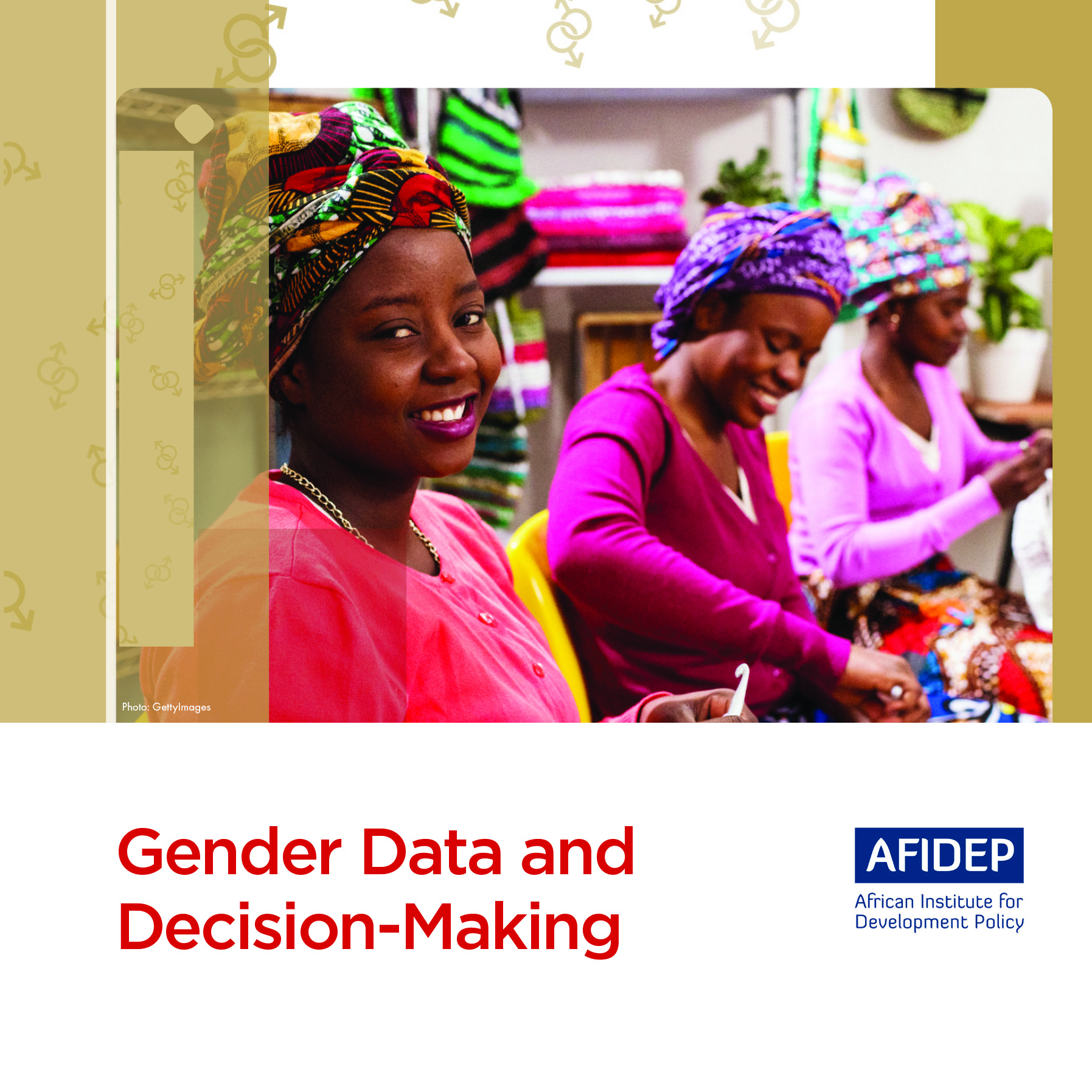
To accelerate the achievement of the SDGs and gender equality in general, concerted efforts are needed to address the gender data gaps and challenges in Africa and leverage existing opportunities. The African Institute for Development Policy (AFIDEP)’s Gender Data and Decision-Making project aims to support African countries to accelerate the achievement of the SDGs and gender equality by stimulating the prioritisation of and investments in the generation and translation of gender data and its use in decision-making (gender data and decision-making ecosystem). Download brochure in English here: Télécharger la brochure en français ici :
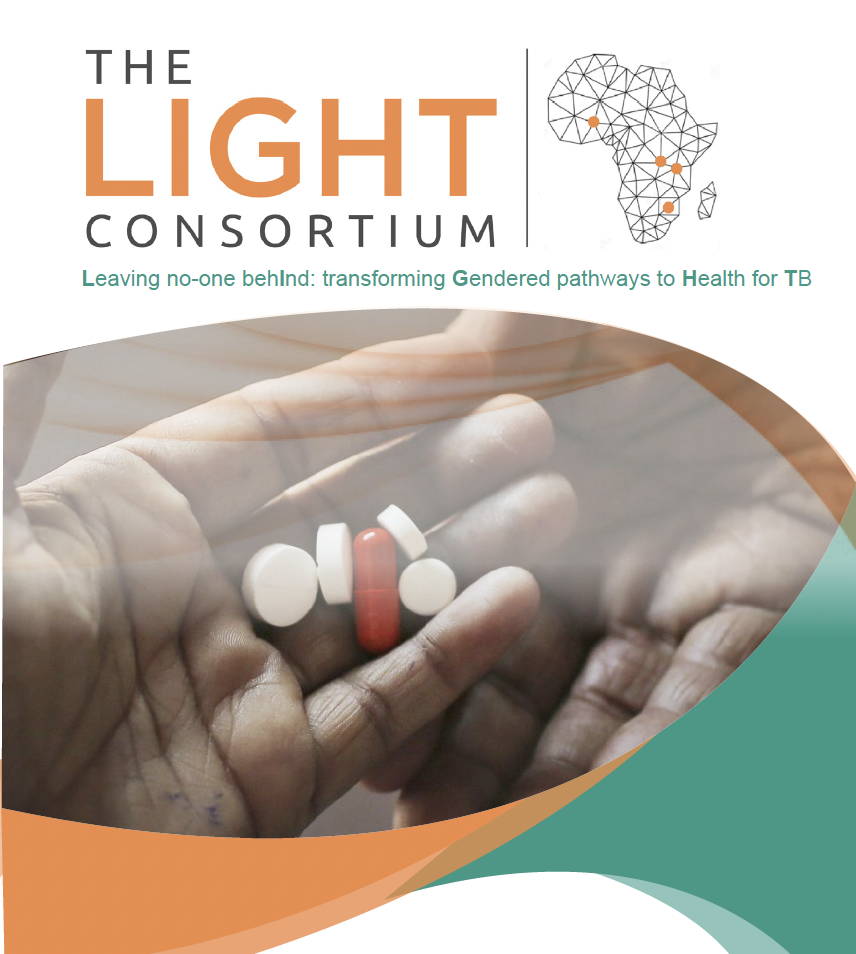
Leaving no-one behInd: transforming Gendered pathways to Health for TB (LIGHT) is a research programme that aims to address and shape the TB prevention, detection, and treatment agenda. LIGHT’s work targets vulnerable and marginalised populations, particularly in densely populated urban areas. LIGHT focuses on the male population, drawn from findings that men account for two-thirds of TB disease in low- and middle-income countries. Findings reveal that of the number of people estimated to have undiagnosed TB, the majority are men. Download the brochure here:
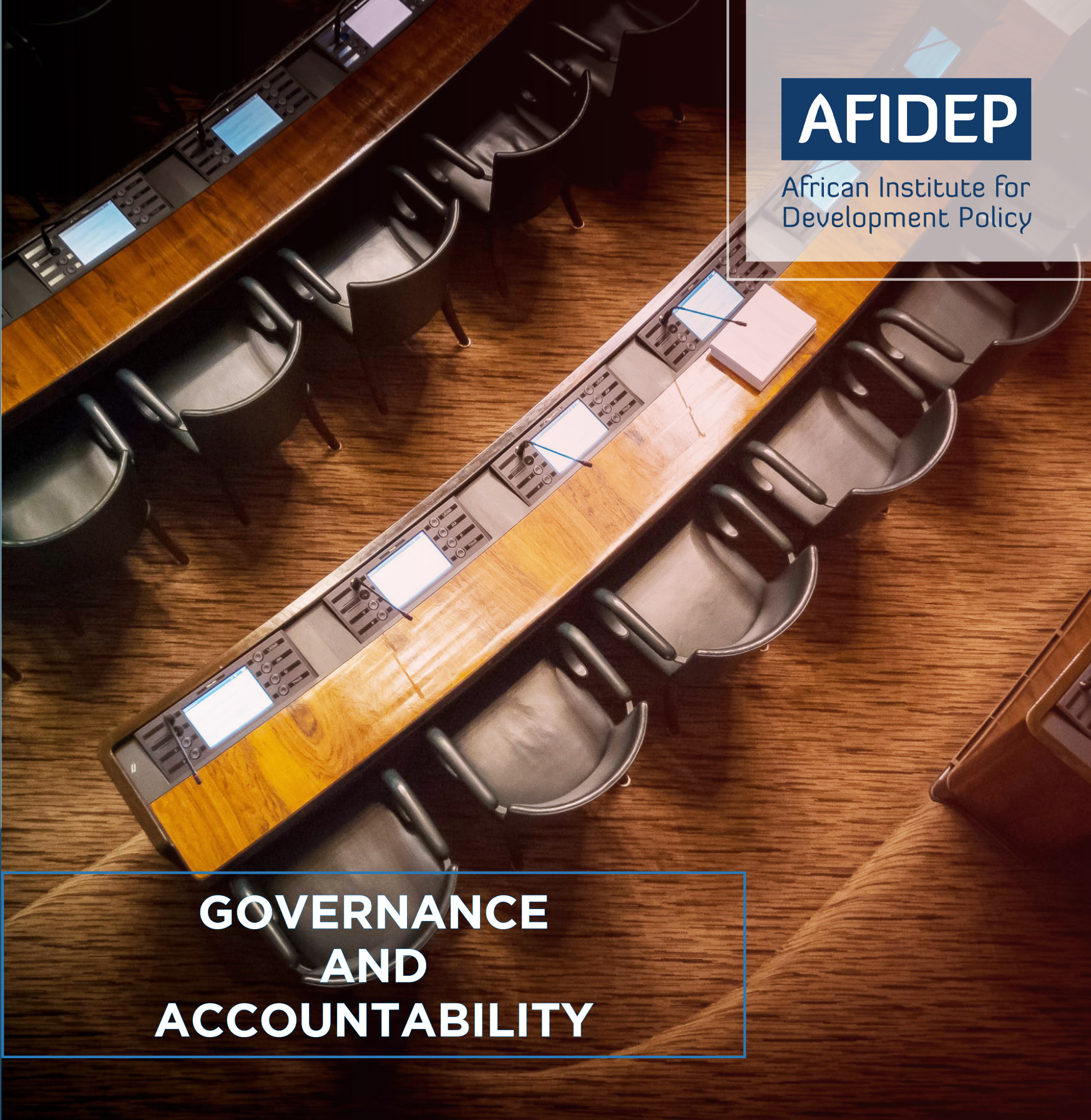
AFIDEP work on governance and accountability has primarily been with African parliaments to institutionalise strategies that enable them to improve their oversight, representative and legislative functions. We now seek to step up this work by strengthening capacity for evidence-informed decision-making as a mechanism for enhancing better governance and accountability in service delivery and use of public resources. Our governance and accountability programme acknowledges the importance of the intersecting gender equality issues in governance. Read more about our impact in the brochure here:

Most African governments are not spending enough on health care. As a result, the Sustainable Development Goal 3 targets of universal health coverage and financial risk protection by 2030 are unlikely to be achieved. Without strong health systems, African countries are unlikely to make significant progress on persistent health challenges as well as emerging epidemics such as non-communicable diseases, antimicrobial resistance and neglected tropical diseases. Our health and wellbeing priority focus area seeks to provide capacity strengthening and technical assistance for evidence-informed decision-making. Find more details in the brochure here:
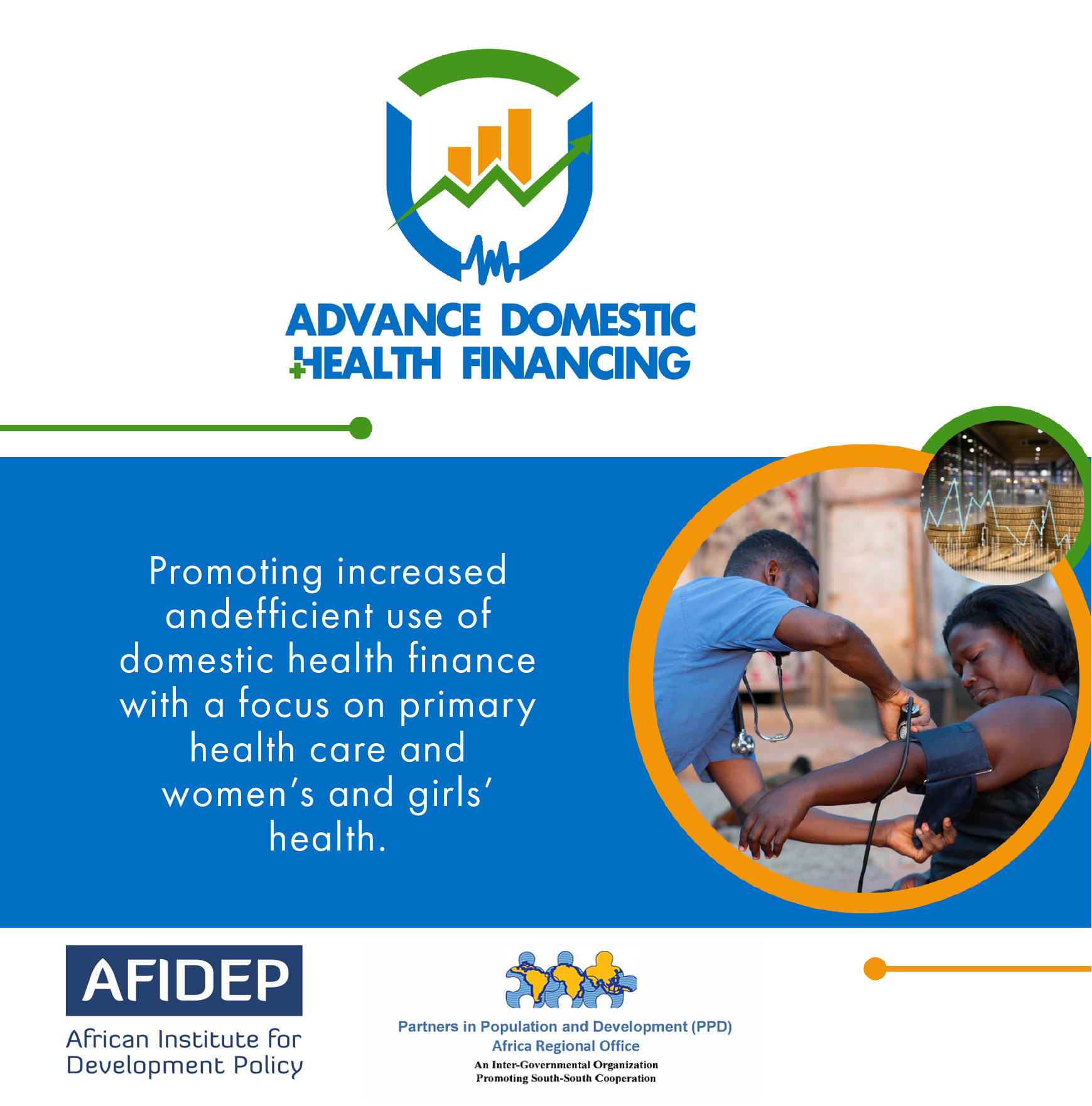
The Advance Domestic Health Financing project seeks to contribute to increasing domestic investments in health and promoting efficient utilisation of health budgets, with a focus on primary healthcare (PHC), girls’ and women’s health. The project builds on African governments’ commitments to increasing domestic financing for health and improving efficiency in budget expenditure through declarations like the 2001 Abuja Declaration, the 2019 African Union (AU)’s Africa Leadership Meeting (ALM) declaration, and other domestic, regional, and global commitments related to PHC, girls’ and women’s health including the ICPD+25, FP2030, the 2021 generation equality forum, and SDGs. The project is implemented at both […]

Building Capacity for Integrated Family planning (FP) and Reproductive Health (RH) and Population, Environment and Development (PED) Action (BUILD) is a global program designed to leverage the interconnectedness of Population, Environment and Development, to spur strong political commitment, sustained financial resources, and accountability for voluntary family planning and reproductive health in low-and middle-income countries (LMICs). The BUILD Project seeks to address interlinked Population, Environment and Development (PED) challenges for sustainable development in LMICs to enable integrated FP/RH and PED action using the Systems thinking approach.

The Making a case for Planetary Health Making in sub-Saharan Africa (Planetary Health) project aims to build the evidence base for policy and programmes that address the health impacts of climate change in Sub-Saharan Africa. The project will develop and test policy options that have the potential to deliver generalizable and transferable lessons for improving the local environment, global environmental sustainability and population health.
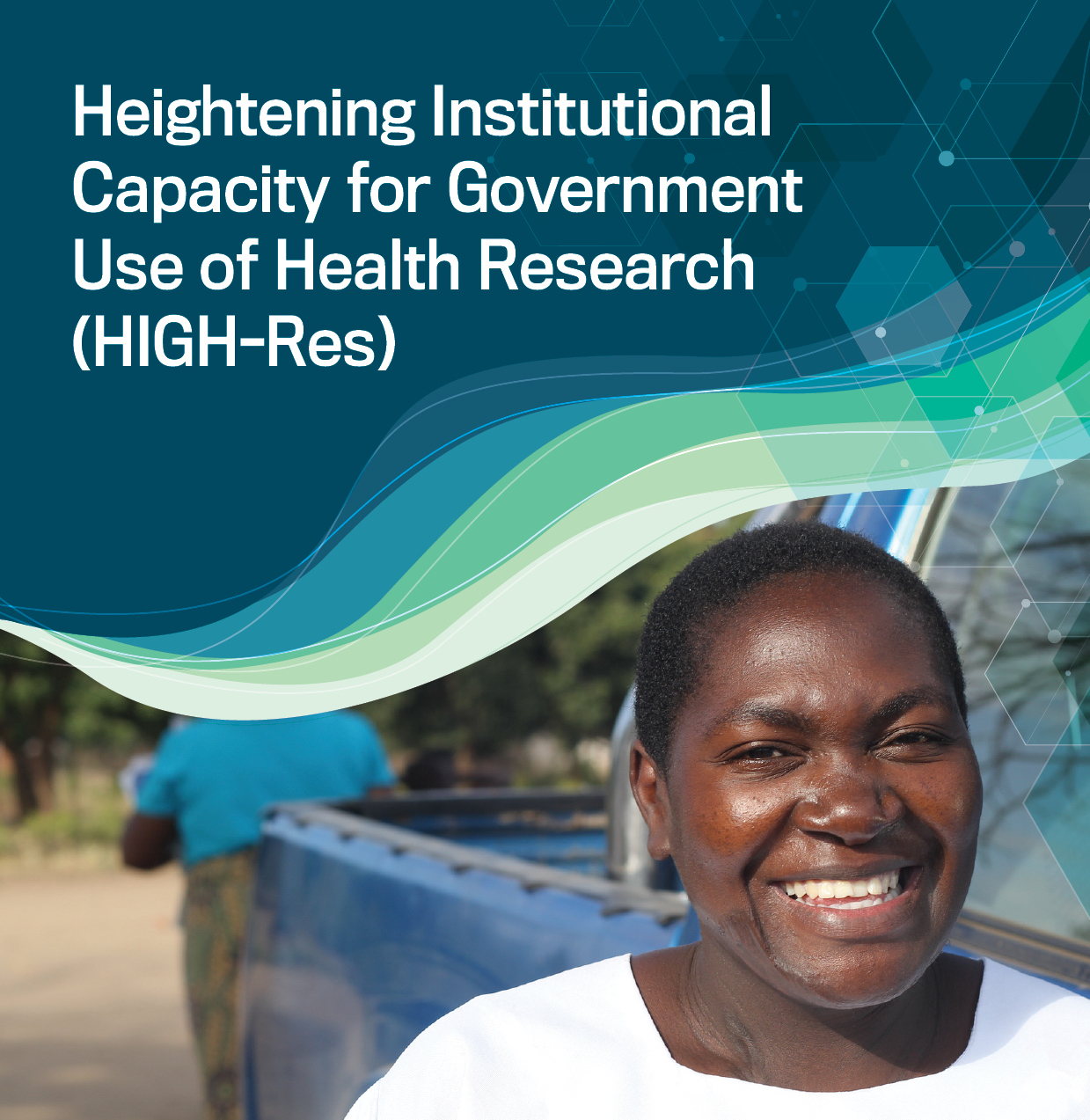
Evidence has an important role to play in improving policy, programme and practice decisions that ultimately improve development effectiveness. Among the many factors that hinder the use of evidence in decision-making is weak individual and institutional capacity in sourcing, appraising, synthesising and applying evidence. The Heightening institutional capacity for government use of health research (HIGH-Res) project aims to respond to this challenge by implementing interventions that will strengthen institutional capacity for the use of health research in policy and programme decisions in Kenya, Malawi and Uganda.

